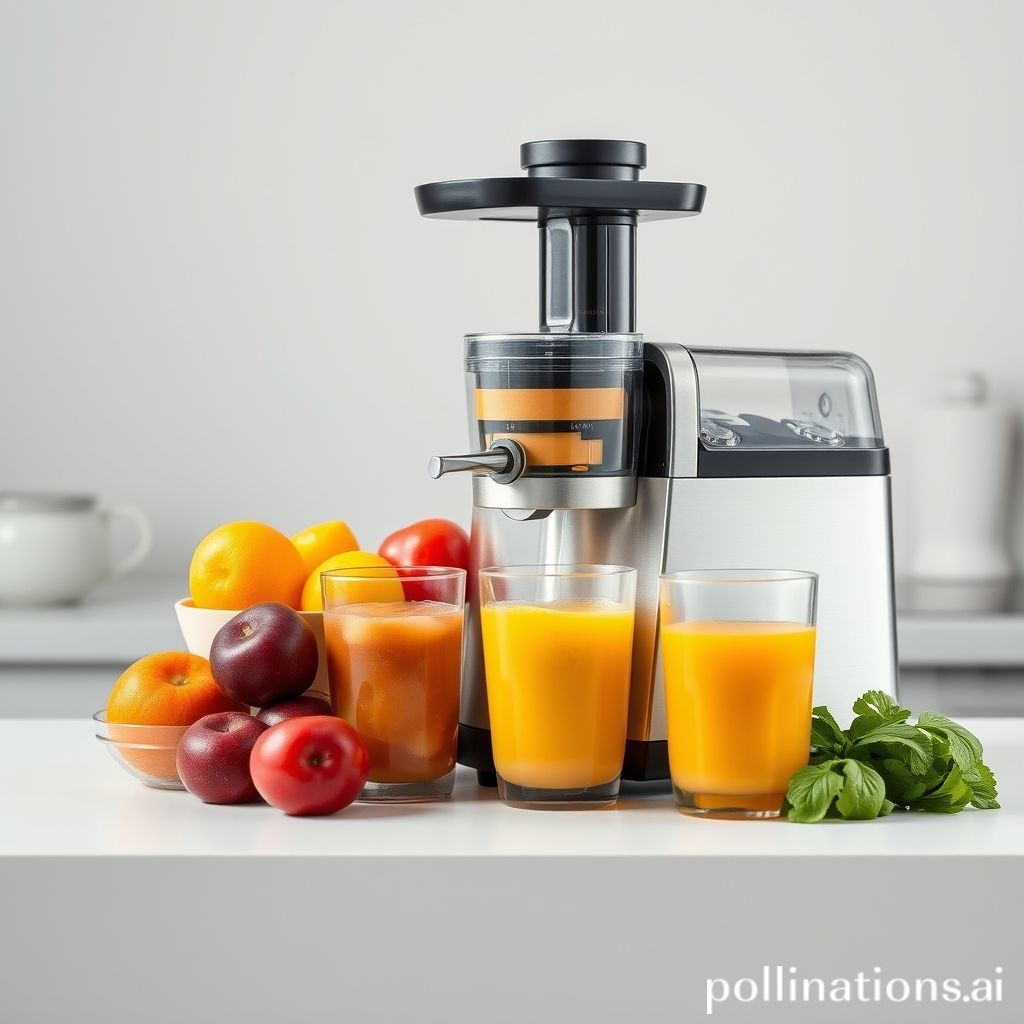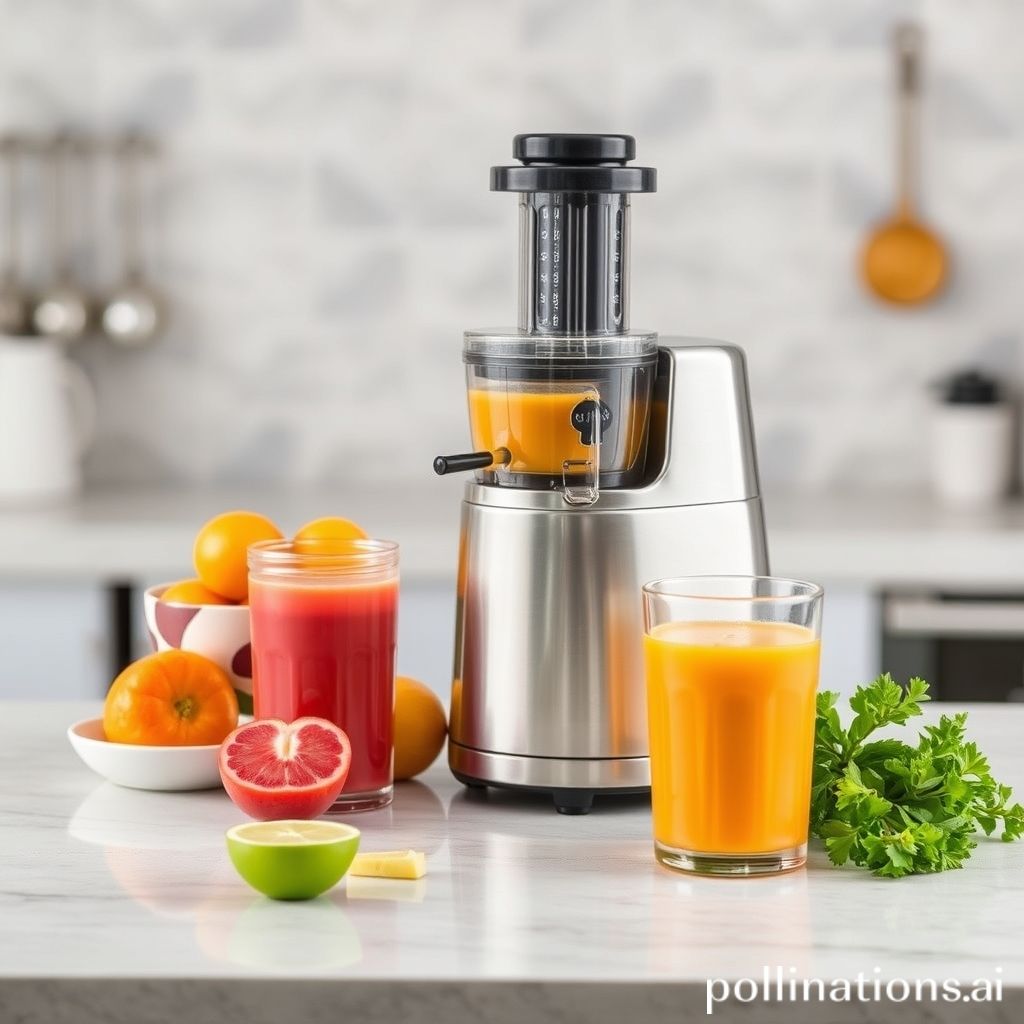What Is A Commercial Juicer?
[su_note note_color=”#fb8e00″ text_color=”#000000″ radius=”12″]
Commercial juicers are powerful machines designed for businesses that need to extract juice from fruits and vegetables in large quantities. They are commonly used in restaurants, juice bars, and cafes to provide fresh and nutritious beverages to customers.
People are interested in learning about the different types of commercial juicers available, as well as their features and benefits. Whether it’s a centrifugal juicer that quickly extracts juice or a masticating juicer that preserves nutrients, individuals are searching for information to help them make informed decisions about purchasing the right commercial juicer for their needs.
[su_box title=”
[/su_box]

Types of Commercial Juicers
1. Centrifugal Juicers
Centrifugal juicers are one of the most popular commercial juicer types available. They use centrifugal force to extract juice from fruits and vegetables. When produce is fed into the juicer, a rapidly rotating blade grates it into small pieces. The high-speed spinning motion then separates the juice from the pulp, collecting them in separate containers.
Benefits of Centrifugal Juicers:
- Efficiency: Centrifugal juicers are known for their quick juicing process, making them ideal for businesses that require high-volume juice production.
- Convenience: These juicers often come with wide feeding chutes, allowing for easy and fast juicing without the need for pre-cutting produce.
- Cost-effective: Centrifugal juicers are generally more affordable compared to other commercial juicer types, making them a budget-friendly option for businesses.
2. Masticating Juicers
Masticating juicers, also known as slow juicers or cold-press juicers, are another popular choice for commercial use. They work by slowly crushing and grinding produce to extract juice. The slow and gentle process helps preserve nutrients and enzymes, resulting in a higher quality and more nutritious end product.
Benefits of Masticating Juicers:
- Nutrient Retention: The slow juicing process minimizes heat and oxidation, allowing the juice to retain more nutrients and enzymes, making it healthier and more flavorful.
- Versatility: Masticating juicers can handle a wide range of fruits and vegetables, including leafy greens and wheatgrass, making them suitable for businesses that offer a variety of juice options.
- Quiet Operation: These juicers operate at lower speeds, resulting in quieter operation, which can be beneficial for businesses with noise restrictions or open kitchen setups.
3. Citrus Juicers
Citrus juicers are specialized juicers designed specifically for extracting juice from citrus fruits such as oranges, lemons, and grapefruits. They typically have a reamer that is pressed against the cut side of the fruit to extract the juice.
Benefits of Citrus Juicers:
- Efficiency: Citrus juicers are designed to extract maximum juice from citrus fruits, ensuring minimal wastage.
- Ease of Use: These juicers are simple to operate and require minimal effort, making them ideal for businesses that primarily focus on citrus-based beverages.
- Compact Size: Citrus juicers are often compact and take up less counter space, making them suitable for businesses with limited kitchen areas.
[su_highlight background=”#f6b40f”]Expert Tips: Choose a centrifugal juicer for quick and cost-effective juicing, a masticating juicer for nutrient-rich options, and a citrus juicer for efficient citrus extraction.[/su_highlight]
Things to Consider When Purchasing a Commercial Juicer
1. Motor Power and Speed
One important factor to think about when buying a commercial juicer is the motor power and speed. A more powerful motor allows for faster juicing, which reduces the time needed to extract juice from fruits and vegetables. Higher speeds also ensure efficient extraction, resulting in better juice yield.
2. Juice Yield and Quality
The juice yield and quality are crucial aspects to look for in a commercial juicer. A juicer that can extract a higher percentage of juice from the produce will be more efficient and cost-effective. Additionally, it is important to consider the quality of the juice extracted, as some juicers may produce juice with more pulp or foam.
3. Durability and Construction
Commercial juicers need to withstand heavy usage in businesses, so durability and construction are vital considerations. Look for juicers made from high-quality materials that can withstand the rigors of daily use. Stainless steel components and strong construction ensure longevity and reliability.
4. Size and Capacity
The size and capacity of the juicer are essential factors to consider, especially for businesses with limited space. Make sure that the juicer fits comfortably in your designated area and has sufficient capacity to meet your juicing needs. Take into account the volume of juice you will be producing and choose accordingly.
5. Cleaning and Maintenance
Efficient cleaning and maintenance are crucial for commercial juicers, as they are used frequently throughout the day. Look for juicers that are easy to disassemble and clean. Dishwasher-safe components and removable parts make the cleaning process more convenient and time-saving.
| Features to Consider | Importance |
|---|---|
| Motor Power and Speed | Essential |
| Juice Yield and Quality | Important |
| Durability and Construction | Crucial |
| Size and Capacity | Consideration |
| Cleaning and Maintenance | Crucial |
Through assimilation a commercial juicer into their operations, businesses can expand their menu options and enhance customer satisfaction. The versatility and capabilities of commercial juicers allow for the creation of a wide variety of juice blends and combinations, catering to different tastes and preferences. This not only attracts a larger customer base but also keeps existing customers engaged and satisfied with the diverse offerings.

Factors to Consider When Selecting a Commercial Juicer for Your Business
1. Budget
One of the main factors to think about when selecting a commercial juicer for your business is your budget. Commercial juicers come at various price points, so it’s important to determine how much you are willing to invest. Take into account the long-term benefits and durability of the juicer when evaluating different options.
2. Juice Requirements and Demand
Evaluate your business’s juice requirements and demand to choose a commercial juicer that can meet your needs. Consider the amount of juice you need to produce on a daily basis and select a juicer with the appropriate capacity. Some juicers are designed for high-volume juice production, Meanwhile others are better suited for smaller quantities.
3. Space Availability
Take into consideration the available space in your business premises when selecting a commercial juicer. Measure the area where you plan to place the juicer and ensure that the dimensions of the juicer are suitable. Opt for a compact and space-saving design if you have limited space.
4. Noise Level
Consider the noise level of the commercial juicer, especially if your business operates in a noise-sensitive environment. Look for juicers that have noise-reducing features or are specifically designed to operate quietly. This will help maintain a peaceful and comfortable atmosphere for your customers and staff.
5. Brand Reputation and Customer Reviews
Research the brand reputation and read customer reviews before purchasing a commercial juicer. Look for brands that are well-known for their quality and reliability. Reading reviews from other businesses in the same industry will provide insights into the performance and durability of different juicer models.
| Factors to Consider |
|---|
| Budget |
| Juice Requirements and Demand |
| Space Availability |
| Noise Level |
| Brand Reputation and Customer Reviews |
[su_note note_color=”#ea2e0c” text_color=”#ffffff” radius=”8″]Extra Tips: Choose a commercial juicer that fits your budget, meets your juice production needs, fits in your space, operates quietly, and has a reputable brand.[/su_note]
Tips for Effectively Using a Commercial Juicer
1. Preparing Fruits and Vegetables
Before juicing, it is important to properly prepare your fruits and vegetables. Thoroughly wash all produce to remove dirt and pesticides. Remove any seeds or pits as necessary. Cutting the produce into smaller pieces can help the juicer process them more efficiently.
2. Mastering Juicing Techniques
To maximize the yield and quality of your juice, it is essential to master the proper juicing techniques. Gradually feed the produce into the juicer to prevent overloading. Apply gentle pressure to extract the juice effectively without straining the machine. Remember to alternate between soft and hard fruits and vegetables to maintain a smooth flow and prevent clogging.
3. Cleaning and Sanitizing the Juicer
Keeping your juicer clean and sanitized is crucial for food safety and maintaining the machine’s lifespan. After each use, disassemble the juicer and rinse all removable parts with warm water. Use a soft brush or cloth to remove any pulp or residue. For a thorough clean, soak the parts in a mixture of water and mild detergent, then rinse and dry them before reassembling the juicer.
4. Maintaining the Juicer’s Performance
To ensure consistent performance from your commercial juicer, it is important to follow the manufacturer’s maintenance guidelines. Regularly check the cutting blades, filters, and other components for any signs of wear and tear. Replace any worn-out parts promptly to avoid compromising the juicer’s performance. Additionally, lubricate the moving parts as recommended to prevent friction and extend the machine’s lifespan.
5. Ensuring Safety Precautions
Operating a commercial juicer safely is crucial to prevent accidents and injuries. Always read the user manual and familiarize yourself with the juicer’s safety features. Use the juicer on a stable and level surface to prevent tipping. Never insert your hands or any objects other than produce into the feeding chute. It is also advisable to wear protective gloves and eyewear when handling sharp components or cleaning the juicer.
Conclusion
Commercial juicers are essential appliances for businesses in the food and beverage industry. These juicers are designed to extract juice from fruits and vegetables on a larger scale, making them ideal for restaurants, juice bars, and cafes.
They come with various features and benefits, ensuring efficient and convenient juice extraction. Whether you need a centrifugal juicer or a masticating juicer, the market offers a wide range of options to suit your specific needs. Investing in a commercial juicer can enhance productivity and provide customers with fresh and nutritious juices.
FAQ about Commercial Juicers
FAQ 1: What is the difference between a commercial juicer and a regular juicer?
A commercial juicer is specifically designed for heavy-duty use in commercial settings, such as juice bars or restaurants. It is built with more powerful motors and durable components to withstand continuous juicing for extended periods. In contrast, a regular juicer is typically designed for home use and may not have the same level of durability or power.
FAQ 2: Can a commercial juicer handle leafy greens?
Yes, commercial juicers are capable of efficiently extracting juice from leafy greens, such as spinach, kale, or wheatgrass. They are equipped with specialized features, like high-speed motors and adjustable settings, that allow for optimal extraction of juice from different types of produce, including leafy greens.
FAQ 3: How often should a commercial juicer be cleaned?
It is essential to clean a commercial juicer regularly to maintain hygiene and ensure efficient operation. The frequency of cleaning depends on the level of usage. Although, as a general guideline, it is recommended to clean the juicer after each use. This involves disassembling the juicer, rinsing the parts with water, and using a suitable cleaning solution to remove any residue or pulp.
FAQ 4: Are commercial juicers energy-efficient?
Commercial juicers are designed to be energy-efficient, as they are often used for long periods and consume a significant amount of electricity. Many commercial juicers come with advanced features, such as low-power consumption motors and energy-saving modes, to reduce energy usage without compromising performance.
FAQ 5: Can a commercial juicer extract juice from frozen fruits and vegetables?
Yes, commercial juicers are capable of extracting juice from frozen fruits and vegetables. Their powerful motors and robust construction allow them to handle the hardness of frozen produce. Although, it is essential to thaw the frozen fruits and vegetables slightly before juicing to ensure optimal extraction and prevent damage to the juicer.
Read Similar Post:
1. Vitamix vs. Juicer: Which Appliance Reigns Supreme? Pros, Cons, and Health Benefits Explored
2. Should You Invest in a Cold Press Juicer? Find Out Now!
